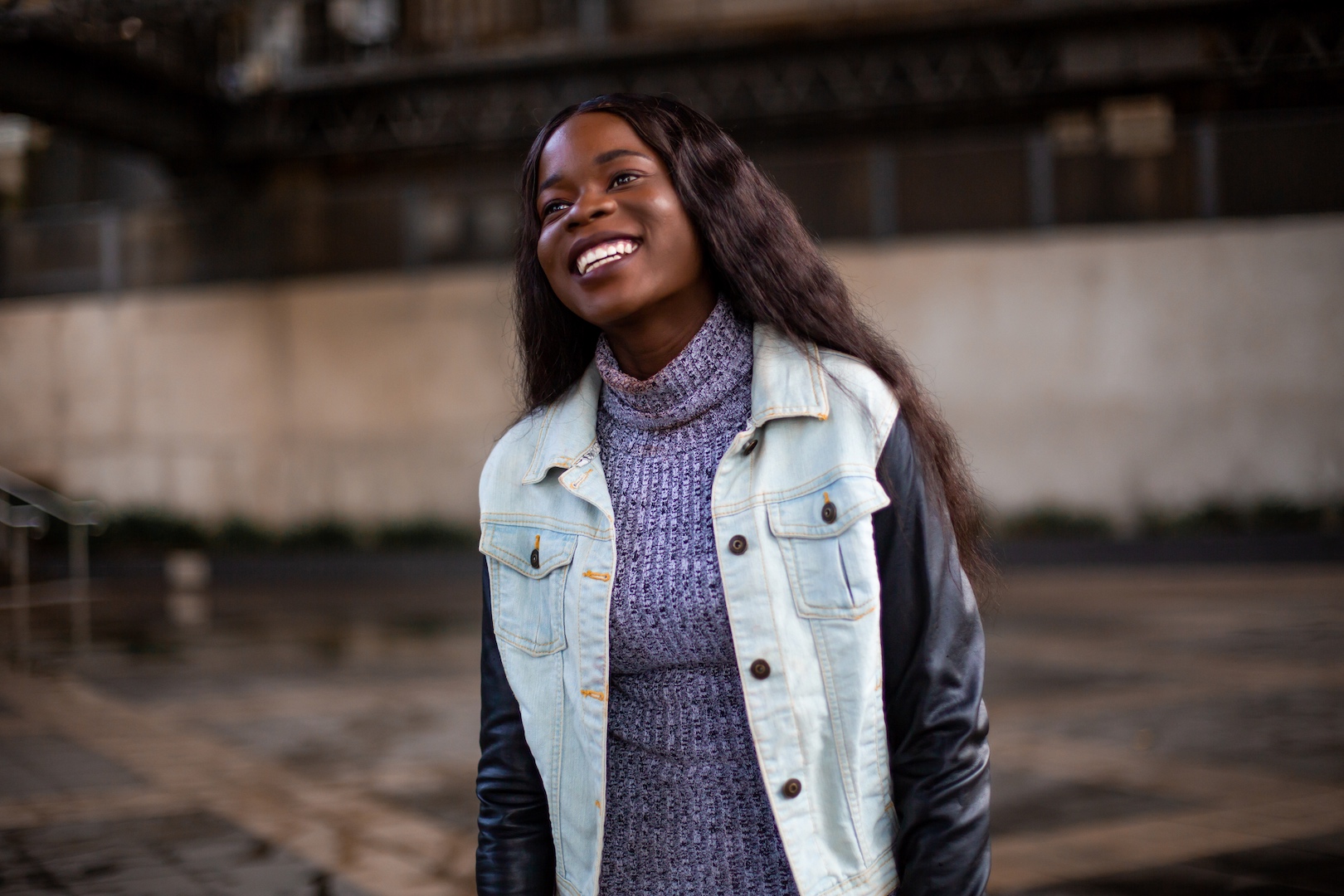Faces of Australia
Wise and International Towers are proud to launch the “Faces of Australia” photo exhibition - a poignant showcase of Australia’s diverse cultural heritage and the contributions migrants make to the community.
A portfolio of 20 curated images are now on display in the ground foyers of Tower Two and Tower Three.
Members of the public can view the exhibition weekdays from 8:30am to 5:00pm until January 2019.
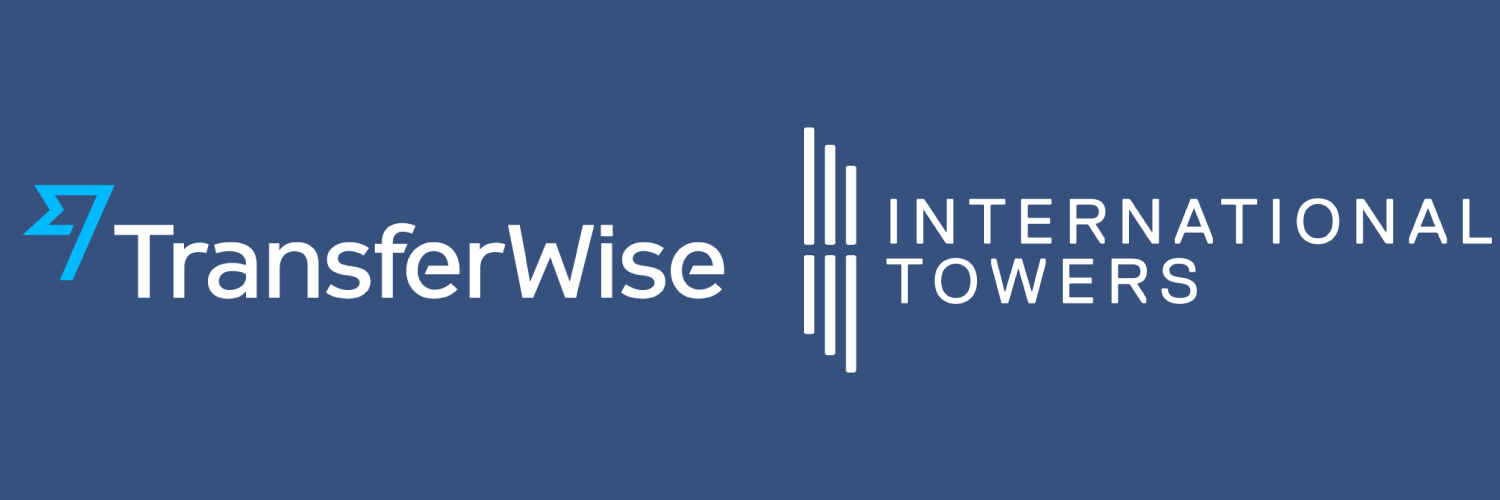
Why we're doing this
Australia is a nation of migrants. Half of us are born overseas or are the children of immigrant parents, so being an “Aussie” means many different things for many different people.
At Wise, we believe being Australian is more about recognising where and who we are now and where we hope to go, as much as where we've come from.
We believe lives and ideas shouldn't be held back by borders. We wanted to put a spotlight on what Australia looks like today and the contributions migrants make to our community.
These are the Faces of Australia and their stories.
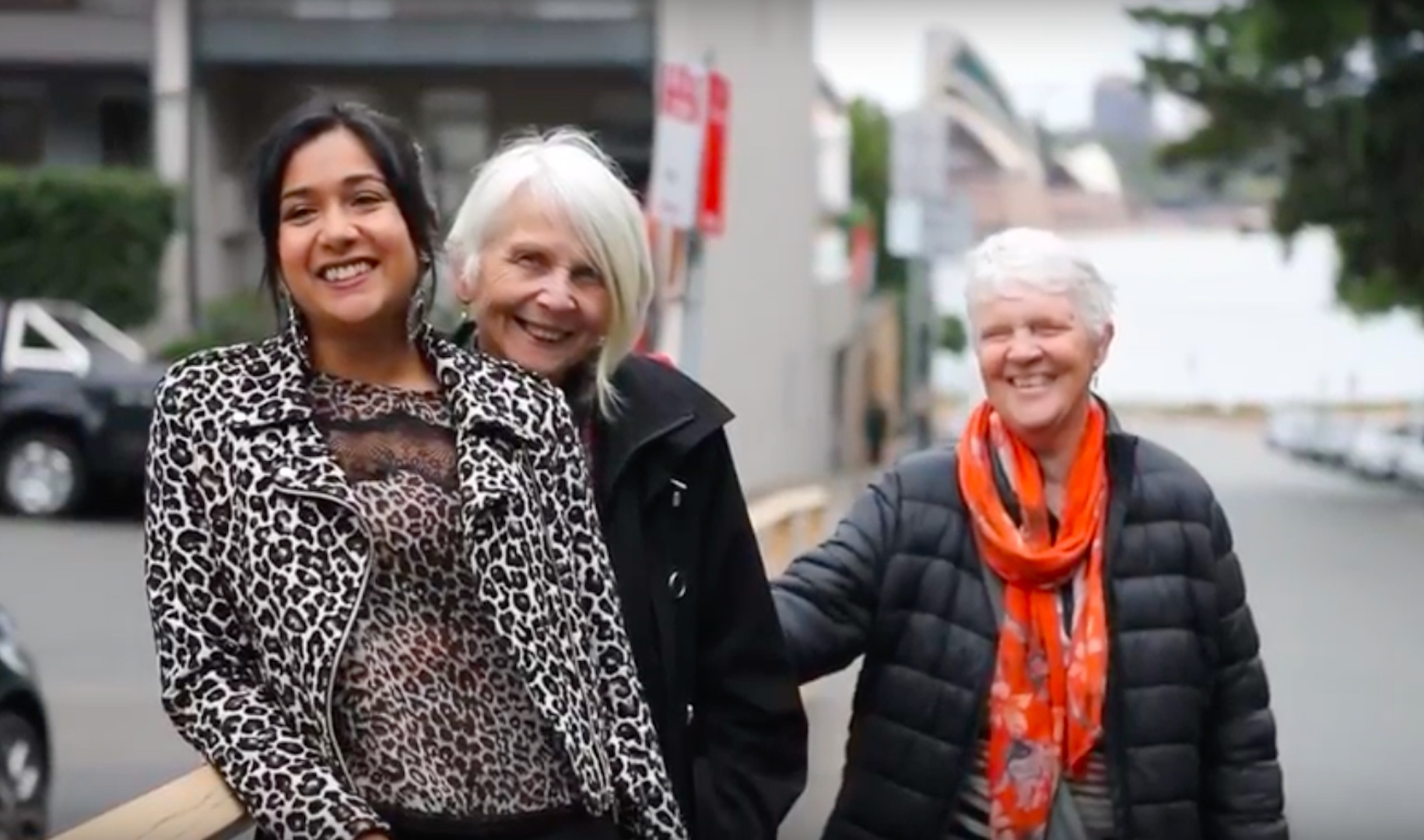
Dulce | Mexico | Arrived 2008 | Mums 4 Refugees
Sometimes I feel that mothers are stereotyped, but we are game changers and we do amazing things – we get political and we rise and take on challenges. My group is formed from the most extraordinary ‘Aussie Aussie’ girls, to the new Mexican in the town, to newly arrived refugees.
We’ve taken on big things – we’ve taken Peter Dutton to court many, many times, and won – and this all comes from mums.
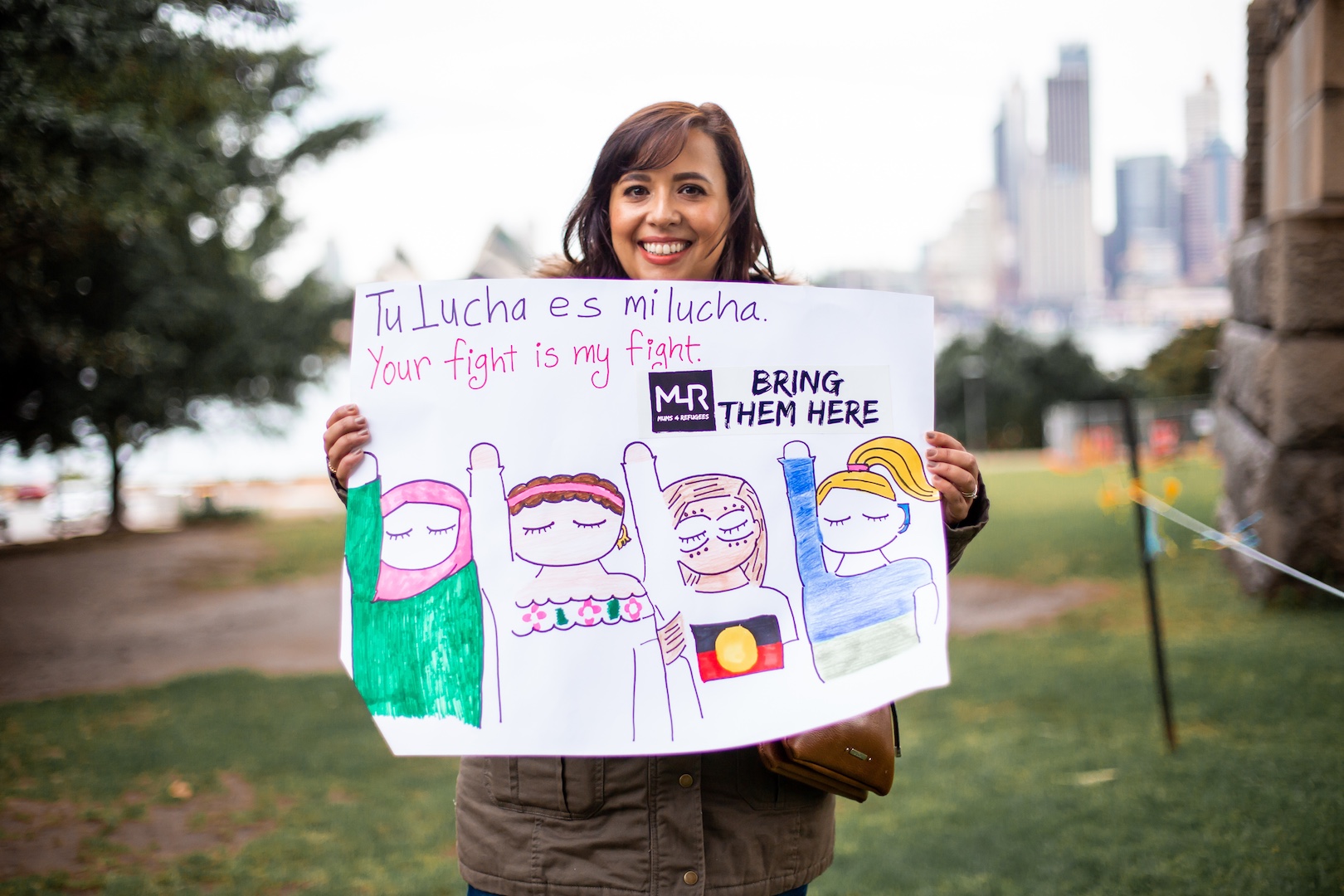
Dharmica | England | Arrived 1992 | BCAL Diagnostics
We lived in Sutherland Shire. There weren’t many other Indian families at the time so it was confusing being so Indian at home and Australian at school. Even my name sounded strange to my classmates. I didn’t feel confident enough to be Indian or openly celebrate Indian festivals because I spent my younger years trying so hard to be Australian. No one knew I could speak a second language until I was past Year 12.
Now in my 30s, I’m embracing both cultures because I am comfortable with being different, being who I am and the diverse background that I come from.
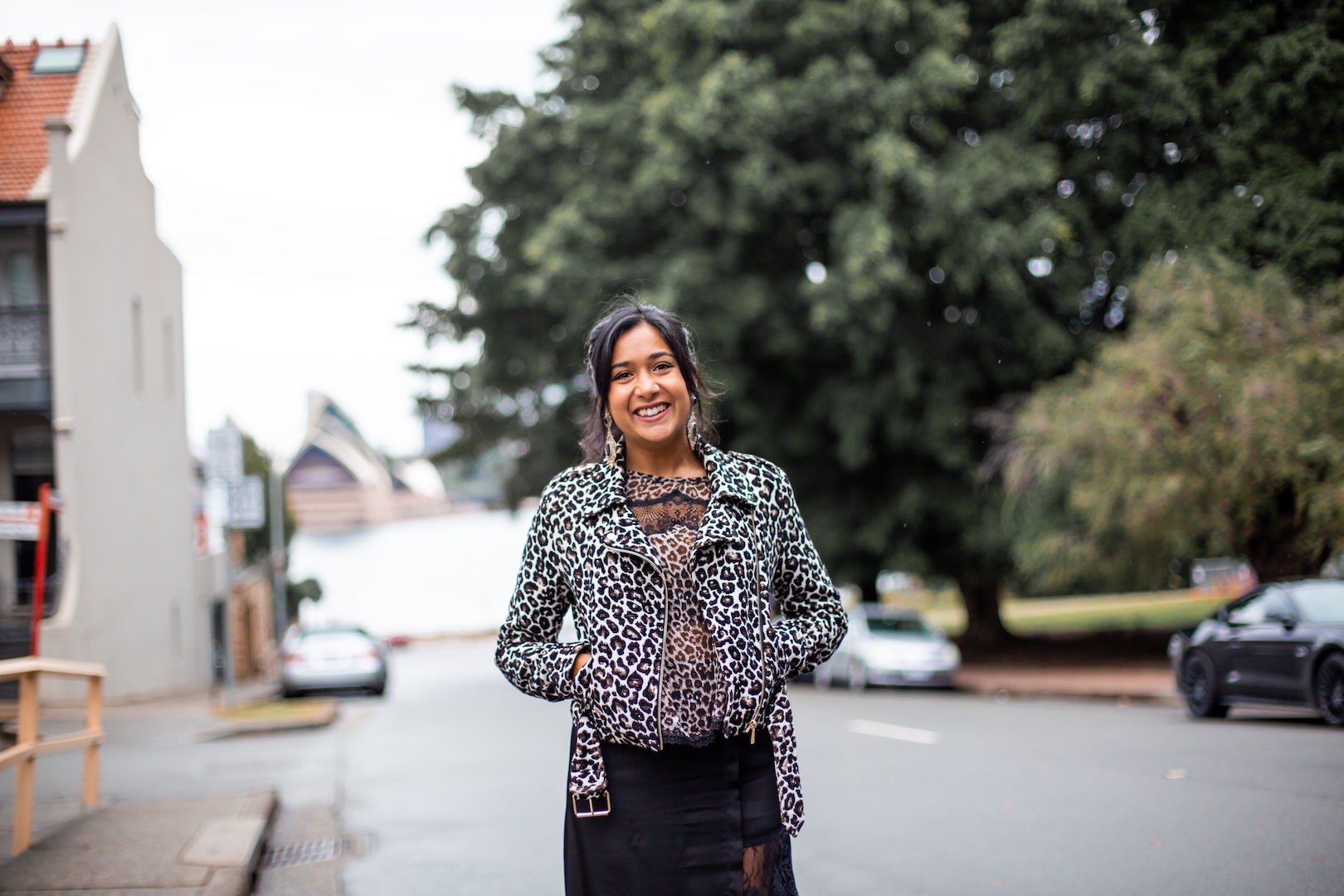
Diem | Vietnam | Arrived 1980 | Berger Ingredients
My family and I fled Vietnam when I was seven years old because we lost our home to war in 1979. Vietnam was no longer safe for my family, so we climbed on a boat going to Indonesia. There were 504 people crammed on a 25-metre boat called 0010 and nowhere enough food or water for all of us.
We eventually arrived in Australia when I was eight years old, penniless and only with the clothes on our backs. I still remember eating sausages for breakfast, my first Caucasian meal.
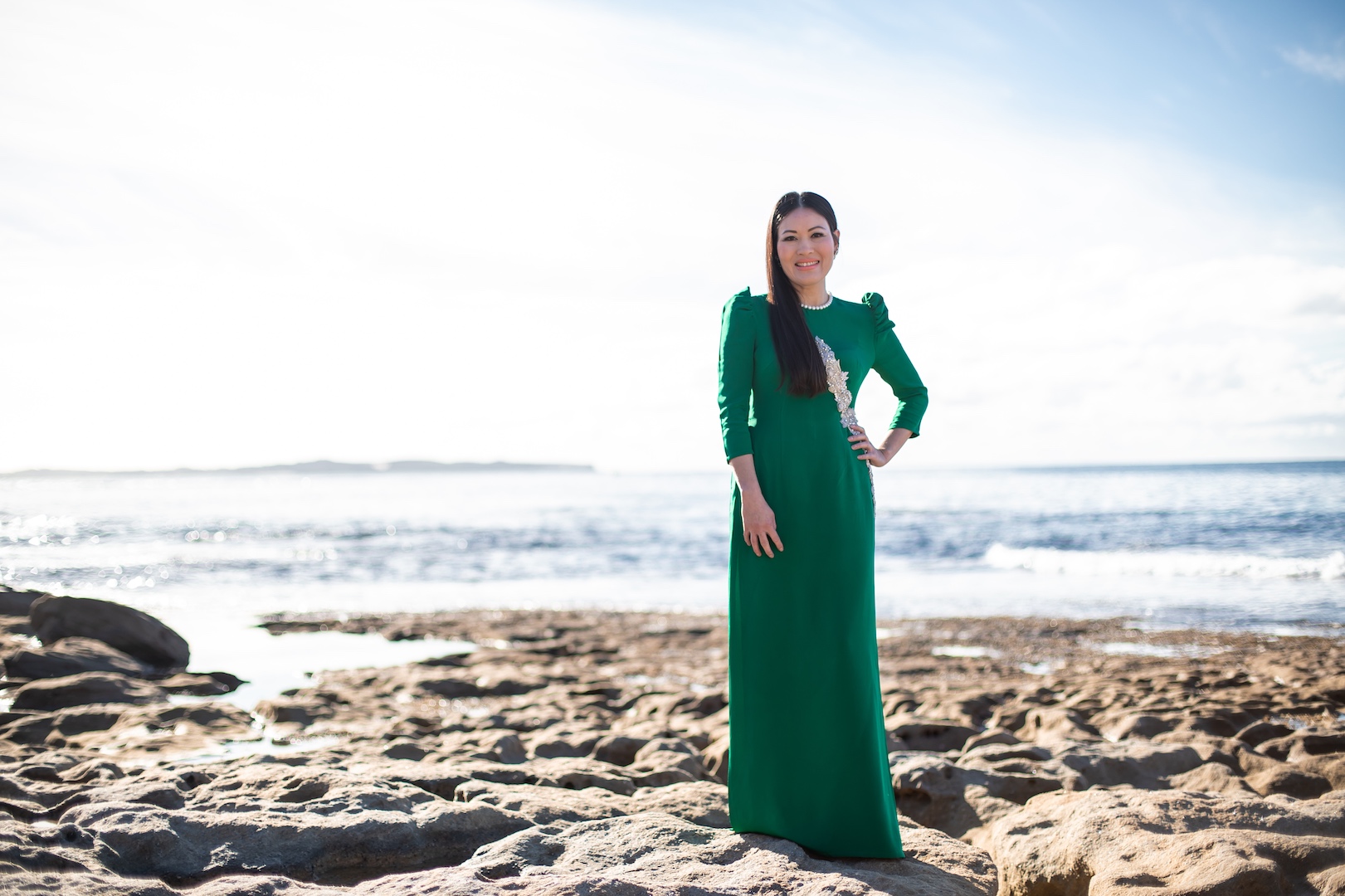
Fatema | England | Arrived 2008 | The Chai Room
The Chai Room came about because I craved a connection with the home I’d left behind after my husband and I moved to Sydney ten years ago. Australia was somewhere I never thought I would end up. It sounded like a faraway land, very different from the rest of the world while I was living in London. I felt like I’d left a part of myself behind in England.
Growing up in the UK, I had a strong sense of identity within peers, my surroundings, and myself with a real cultural grounding. Everything was new in Sydney – the climate, the people and the work culture.
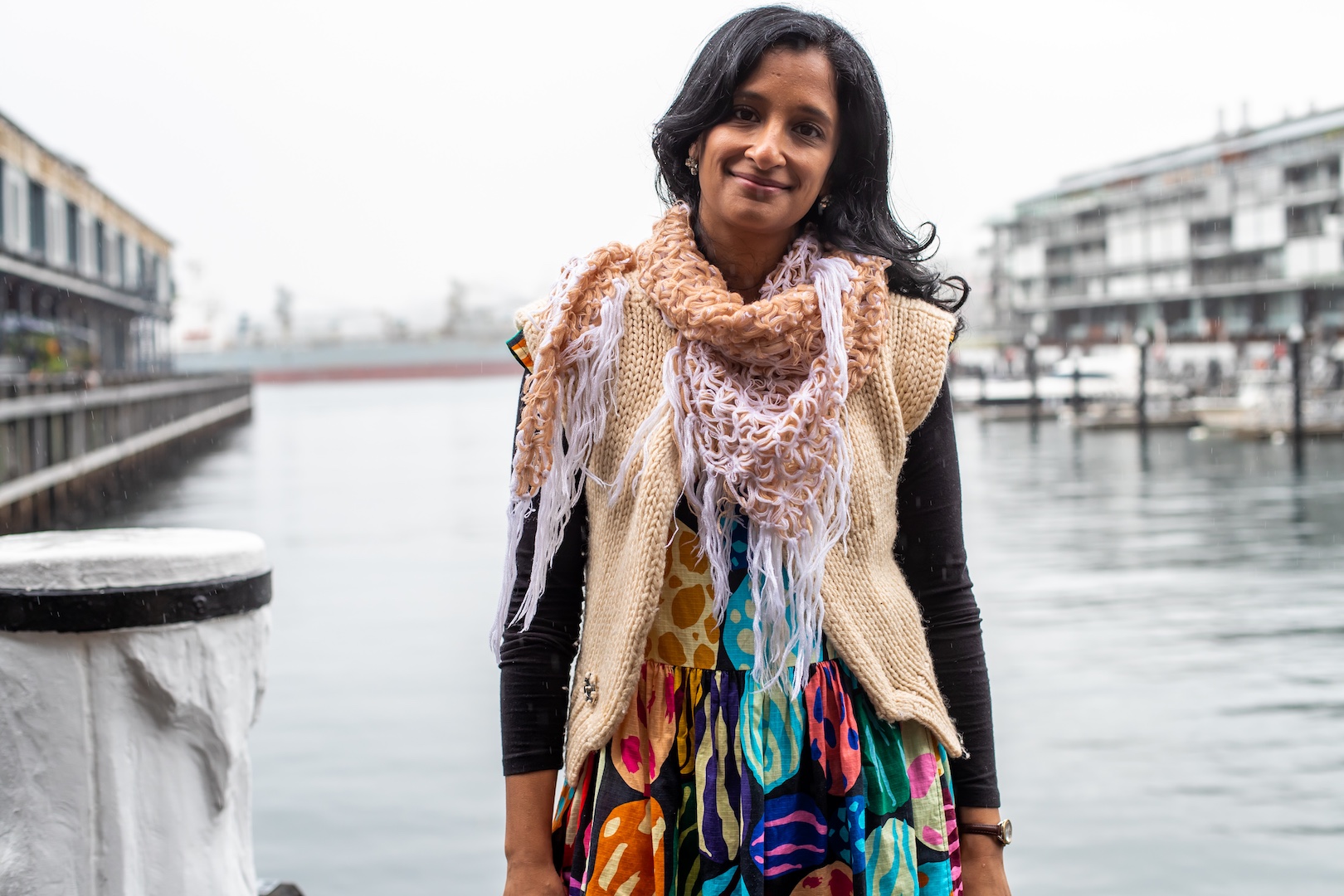
Franck | Denmark | Arrived 1997 | Adshel
I always expected to live in Copenhagen. But when I was 22, a friend, Bjorn, called to tell me his new girlfriend had a friend from Australia coming to visit and that he was going to set me up on a blind date.
We started going out and eventually we decided to get married for the visa, but because we didn’t want to take it too seriously, we organised it as a bad taste wedding. Everyone rocked up in their worst outfits.
A year later, Meg said she was homesick, so we decided to try living in Australia for around 6-9 months. 21 years later, we are still here!
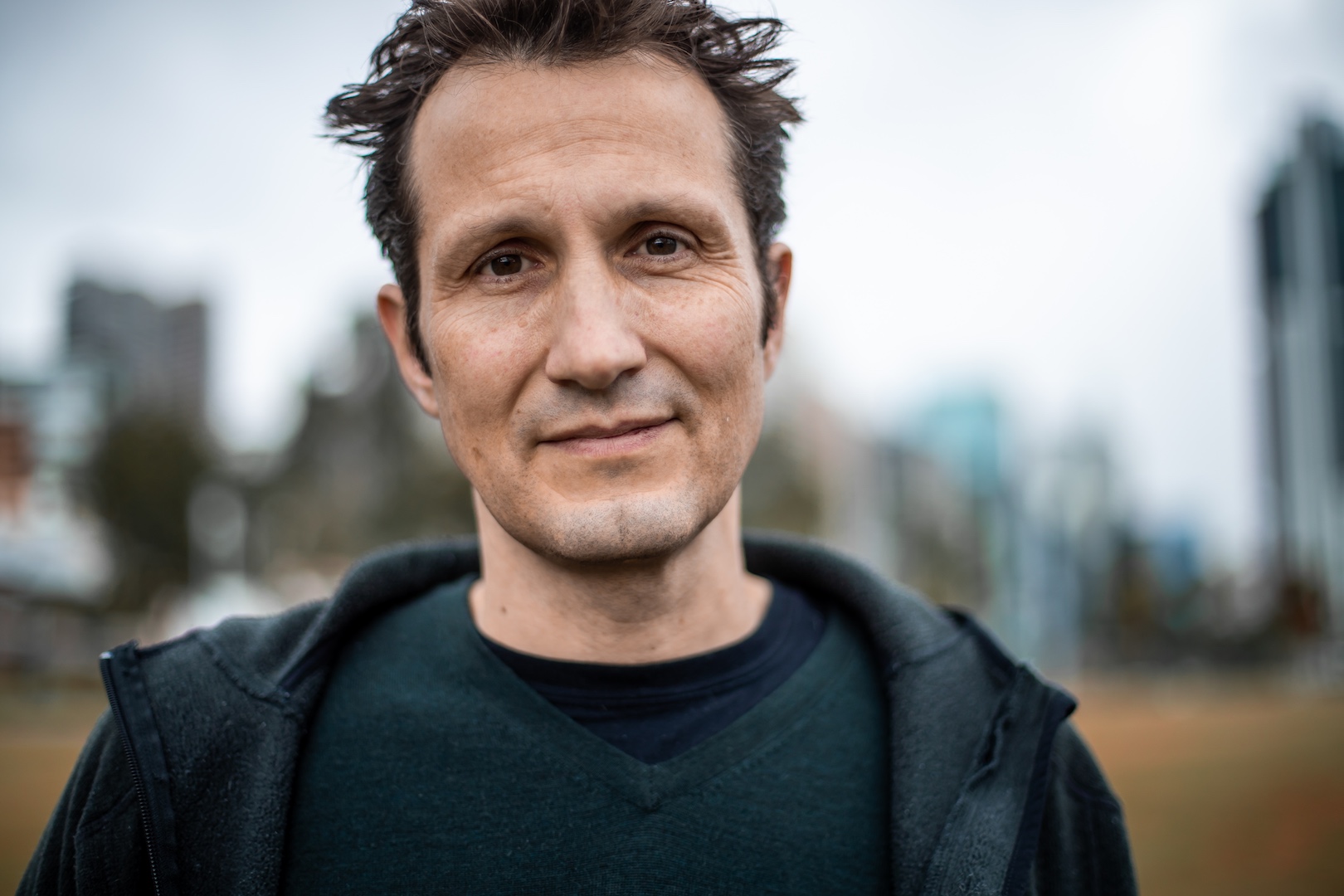
Igor | Ukraine | Arrived 1991 | The Human Connection Movement
We left Ukraine because we were quite restricted in the way we lived and the food shortages. We arrived in Sydney with only $50 to our name. I became an actor because of my dad. I was a shy kid and he told me to give it a go. That had always been his dream, for himself.
Whilst we’re living in the most digitally connected time in our history, we’re more socially disconnected than ever. Through The Human Connection Movement, I want to draw attention to themes like loneliness, poor mental health, physical and socio-economic outcomes like self-esteem, suicide and heart disease.
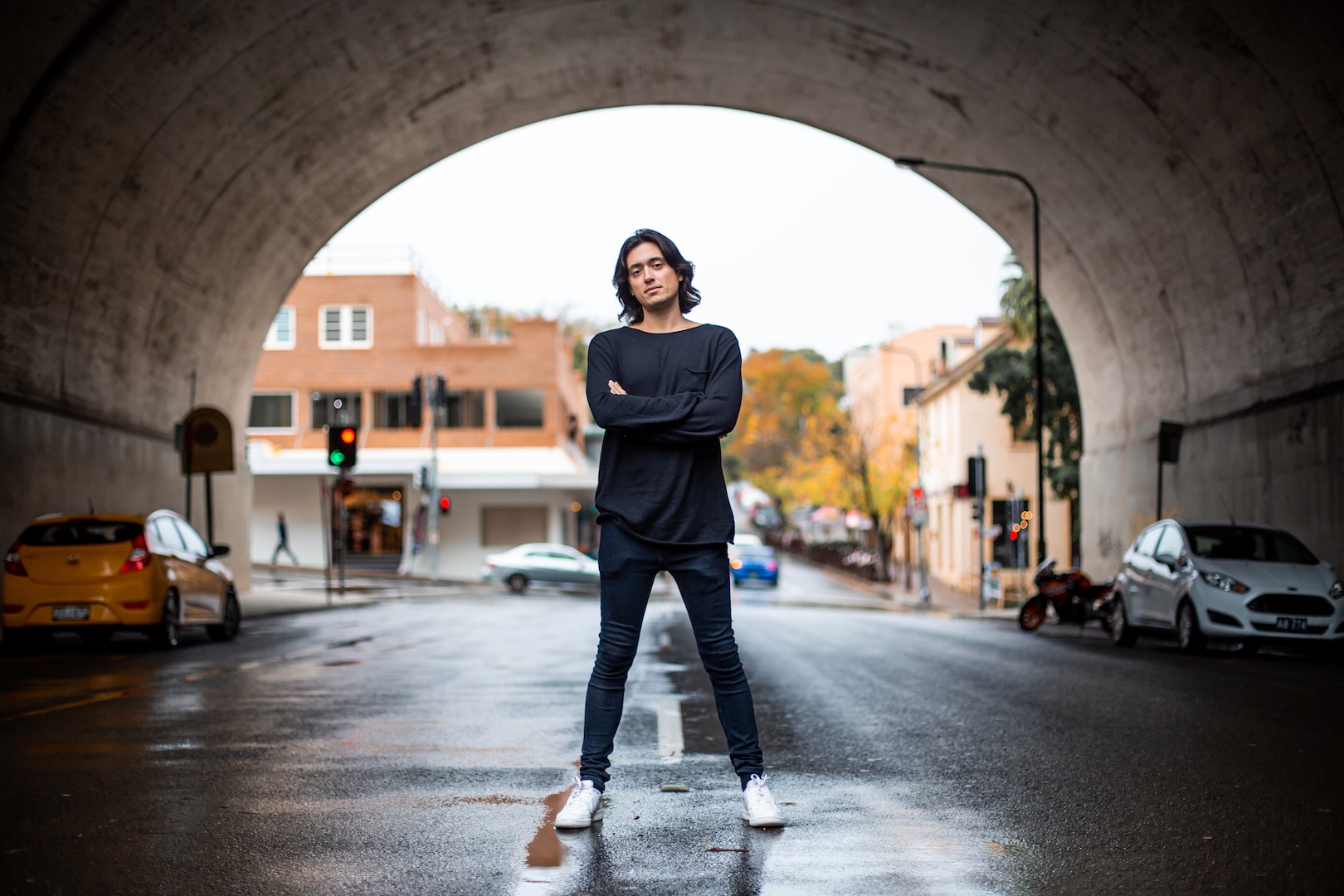
Karakon | South Sudan | Arrived 2004 | Bor Community Association
When the second civil war broke out in Sudan, my father decided to send my brothers and I to Ethiopia, both for protection from abduction. At that time, I was 13.
When I was 31, my younger brother and a nephew of mine were finally able to sponsor us to come to Australia. It was an amazing feeling. I studied English at TAFE, followed by a Bachelor of Social Science, majoring in Peace and Development Studies. Next, I did a double Masters in Policing Intelligence and Counter-Terrorism, and International Security Studies. Now, I’m looking for a job in this field.
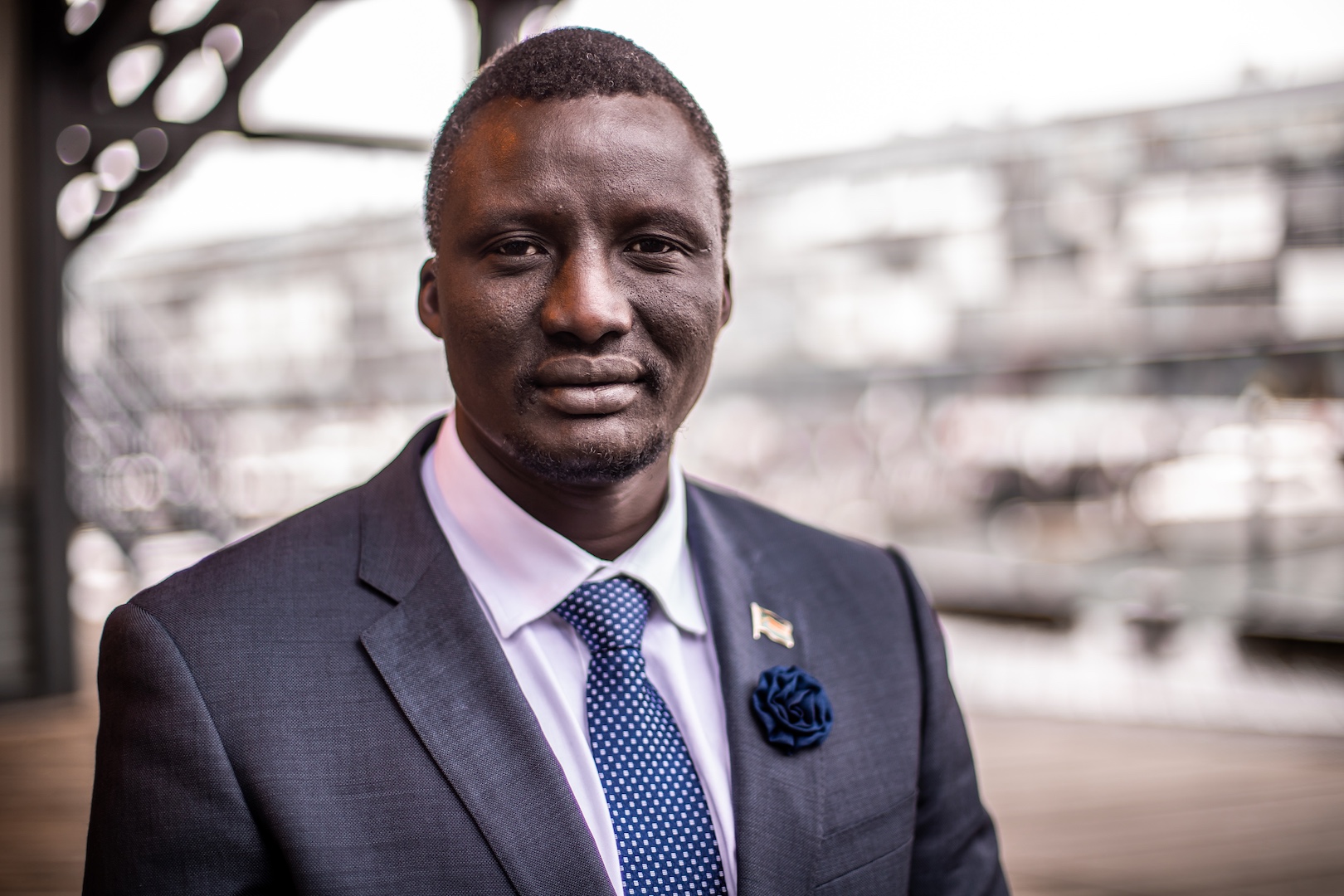
Monika | China | Arrived 1988 | Black Diamondz Property Concierge
I came to Melbourne from Shenzhen in 1988. I was an only child, so I left my parents behind and a well-paid government job as a translator in the Department of Foreign Trade in China.
Australia was a different place back then. I couldn’t speak English, and the Chinese community was small. The majority were poor, working students and hardworking migrant families. I had to start from nothing - learning English and finding a job, becoming used to a new culture and environment.
As a woman and a migrant, it was challenging and from time to time, I did wonder if I’d made the right decision.
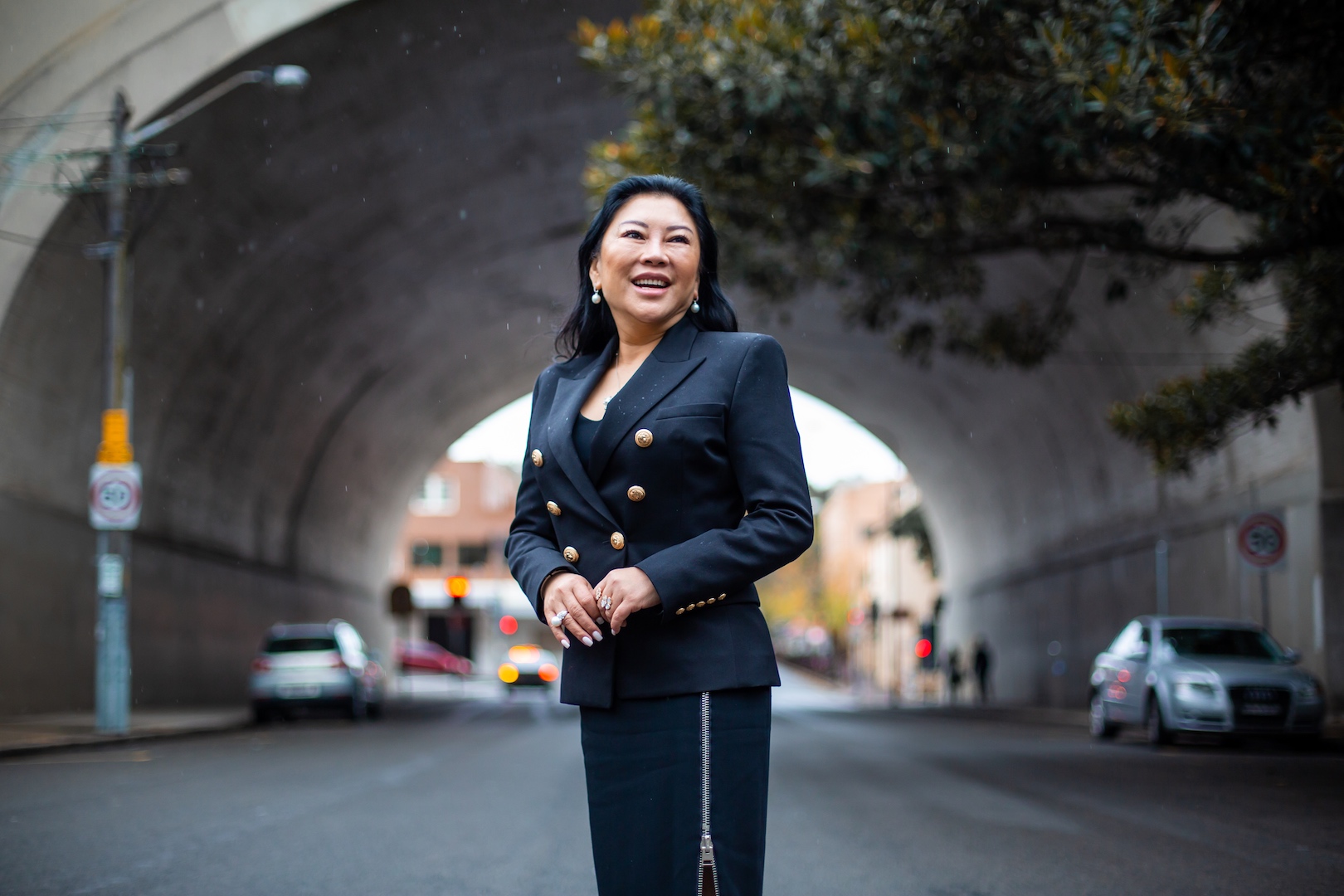
Mahir | Afghanistan | Arrived 2012 | Thrive Refugee Enterprise
I was forced to flee Afghanistan when I was a year old because the Soviet Union forces who occupied Afghanistan imprisoned my father, a senior military official. For almost twenty years, my family and I lived a tough life as refugees.
Thrive Refugee Enterprise helps refugees and asylum seekers integrate into the community in two ways – economically and socially. We want to stop refugees or asylum seekers failing at a new business. It can affect other aspects of their lives that they’re trying to rebuild in a new country.
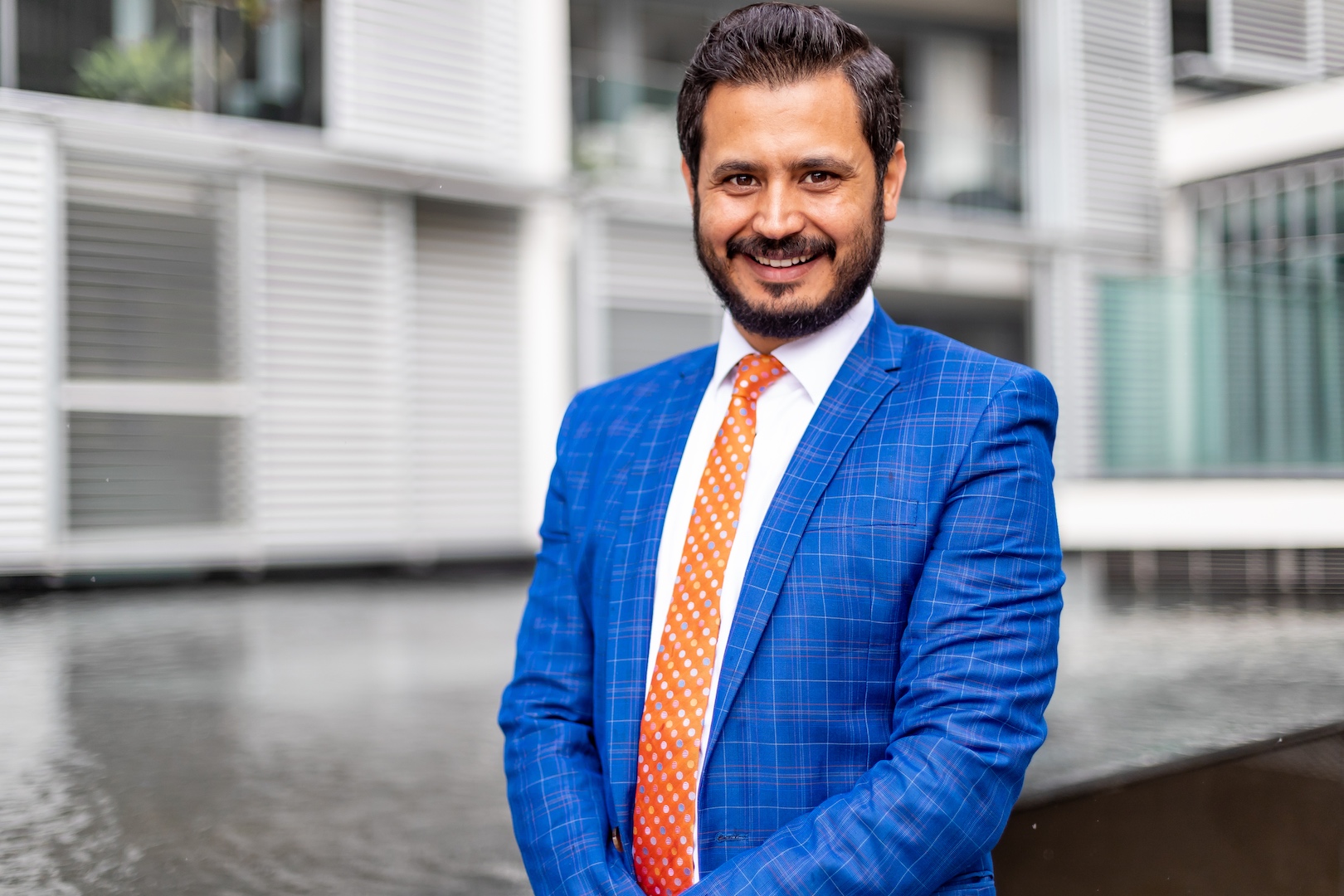
Manjit | India | Arrived 1984 | Manjit's Restaurants
I still remember my first day in Sydney. My brother had hired a food stall at the Easter Show. He asked me to take charge of heating and selling samosas. In one day, I went from being a salaried professional in India to sweeping and mopping floors in Sydney. I felt I had taken a huge step backwards that day.
One thing I liked in Australia was the dignity of labour - I began working in the kitchen with mum, learning how to cook. Exactly 6 months after we arrived, I felt confident when someone approached me to buy a restaurant in Potts Point.
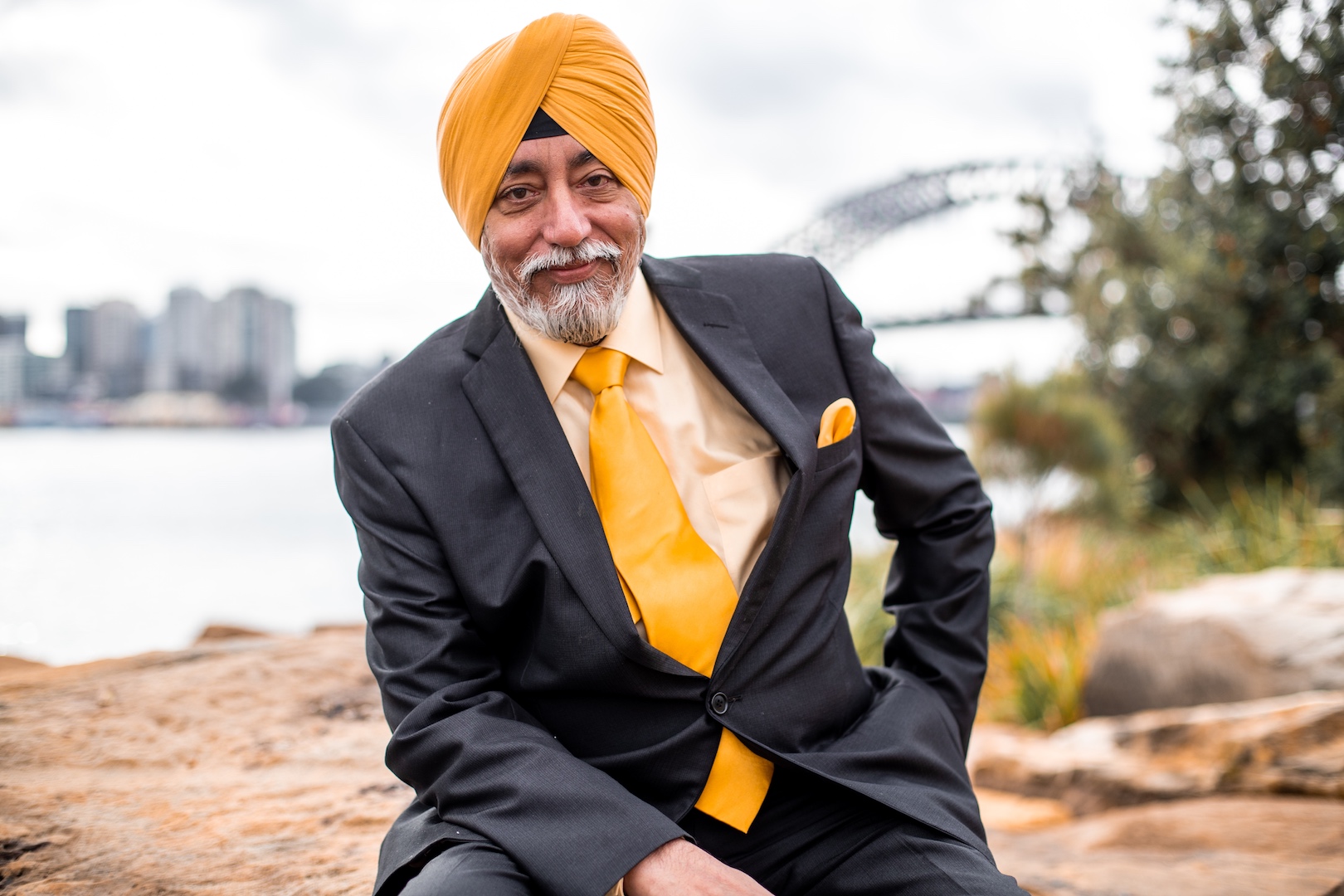
Maryam | Afghanistan | Arrived 1999 | Afghan Women on the Move
I got a job as a generalist case worker for new arrivals in Australia, which was also a kind of therapy for me, to help people who were experiencing the same thing as I had been through.
I am the proud founder of ‘Afghan Women on the Move’, a platform for women who are survivors of war and trauma to participate in art and fun activities outside of religious and political influences.
I’m glad that I’m not in Afghanistan, because I would have either been married by the age of 18 or I’d be dead.
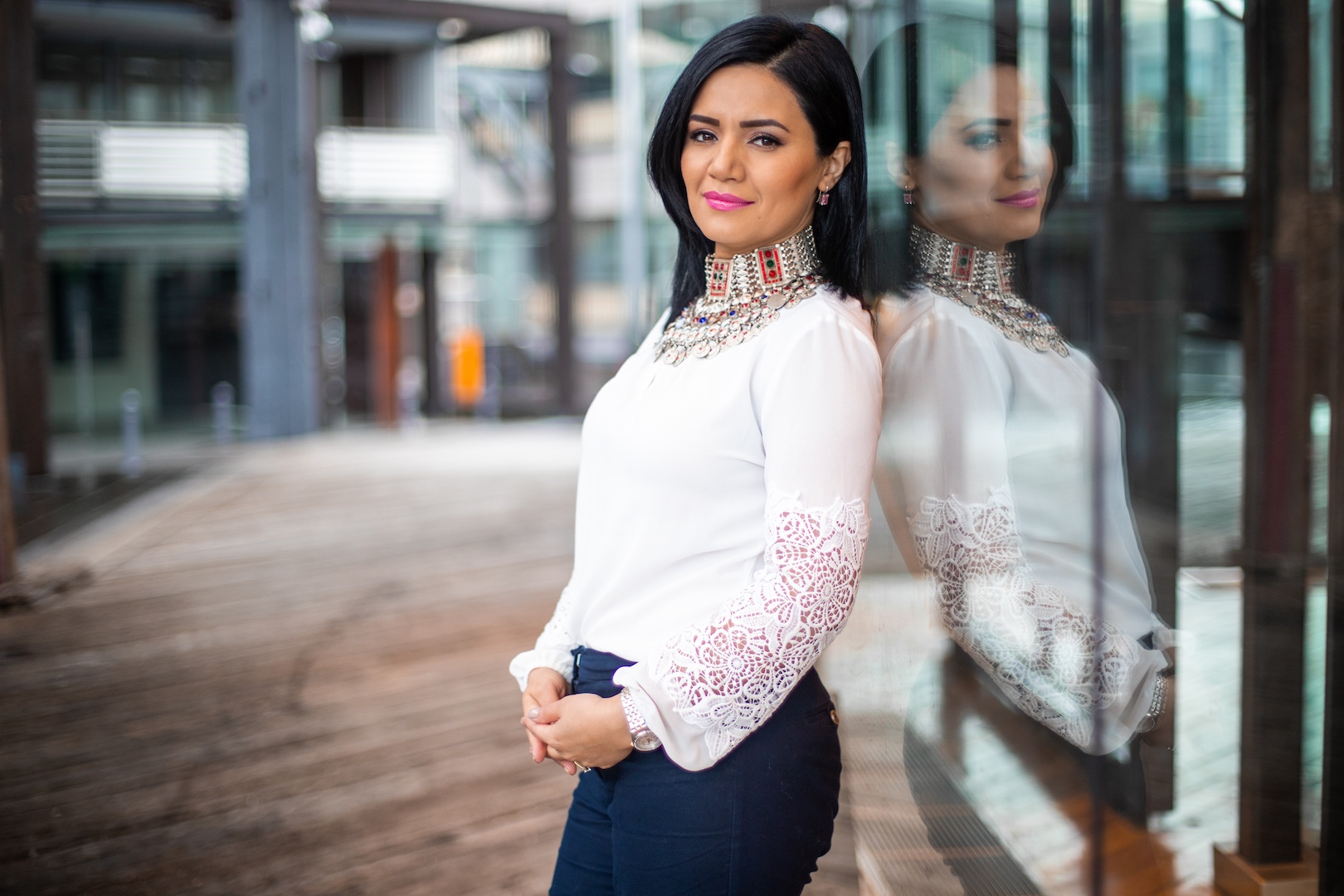
Pablo | Chile | Arrived 1989 | NSW Dept of Justice
I come from a long line of politically active family members who were active socialists in Chile in the 1970s. When the coup led by Augusto Pinochet occurred, it was inevitable my family was going to be targeted.
Growing up gay in the Western suburbs of Sydney in the 1990s with refugee parents who were noticeably different and had suffered a lot through torture and dispossession made life difficult. I was an angry teenager, and then when I got to university, I felt I was moving through a privileged world that wasn’t for me.
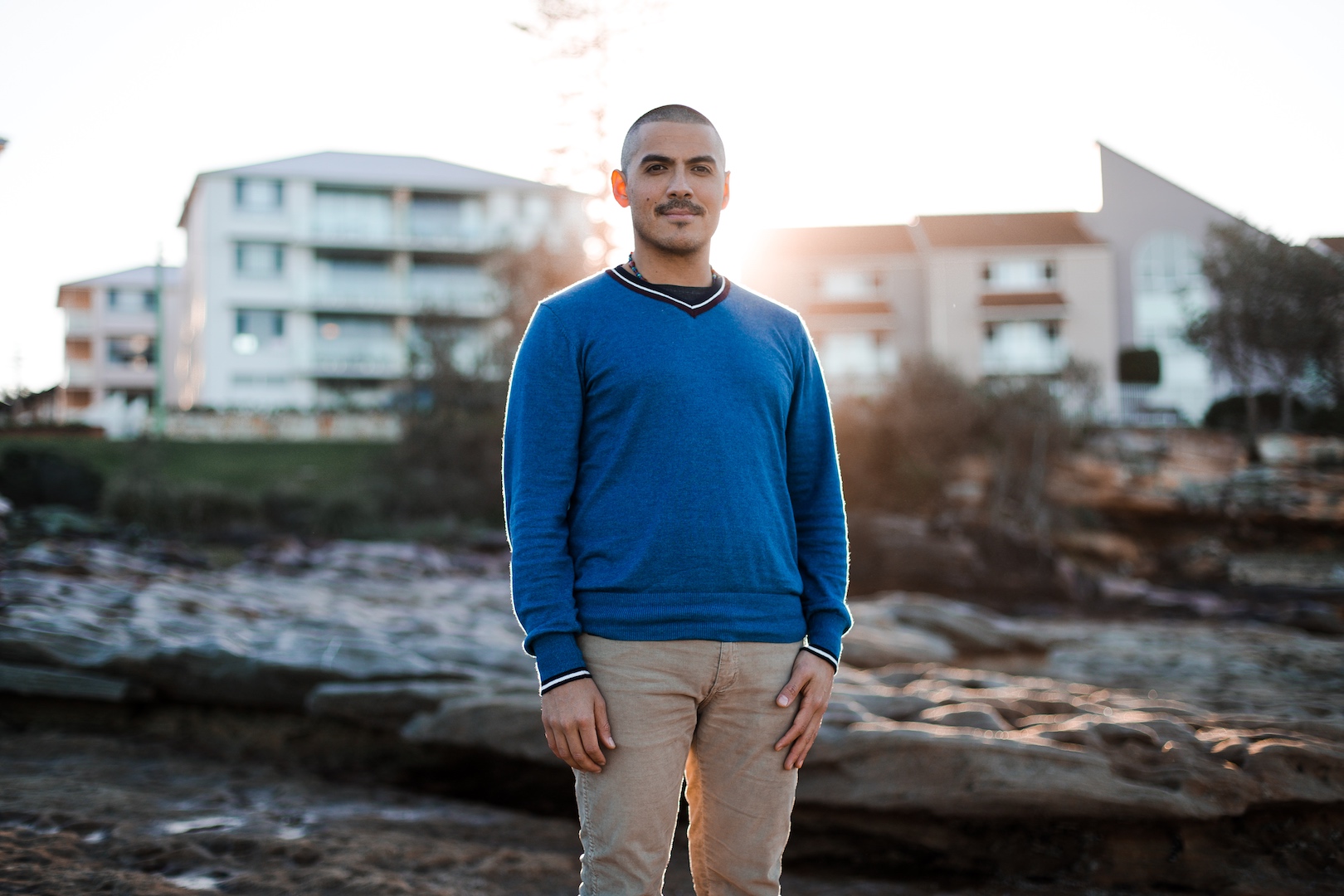
Sharon L | Mauritius | Arrived 2006 | Marketing Bee Digital Agency
As a young person living in Mauritius I had heard stories of the ‘new world’ where you could get jobs, education and achieve better outcomes for your life. I arrived in 2006 at the age of 19. All the anchors I knew suddenly disappeared from my life.
My first winter in Melbourne was a huge shock – I found it hard physically and emotionally. I was working three jobs because I supporting myself financially, and studying full time as an international student. Those first two years were incredibly hard.
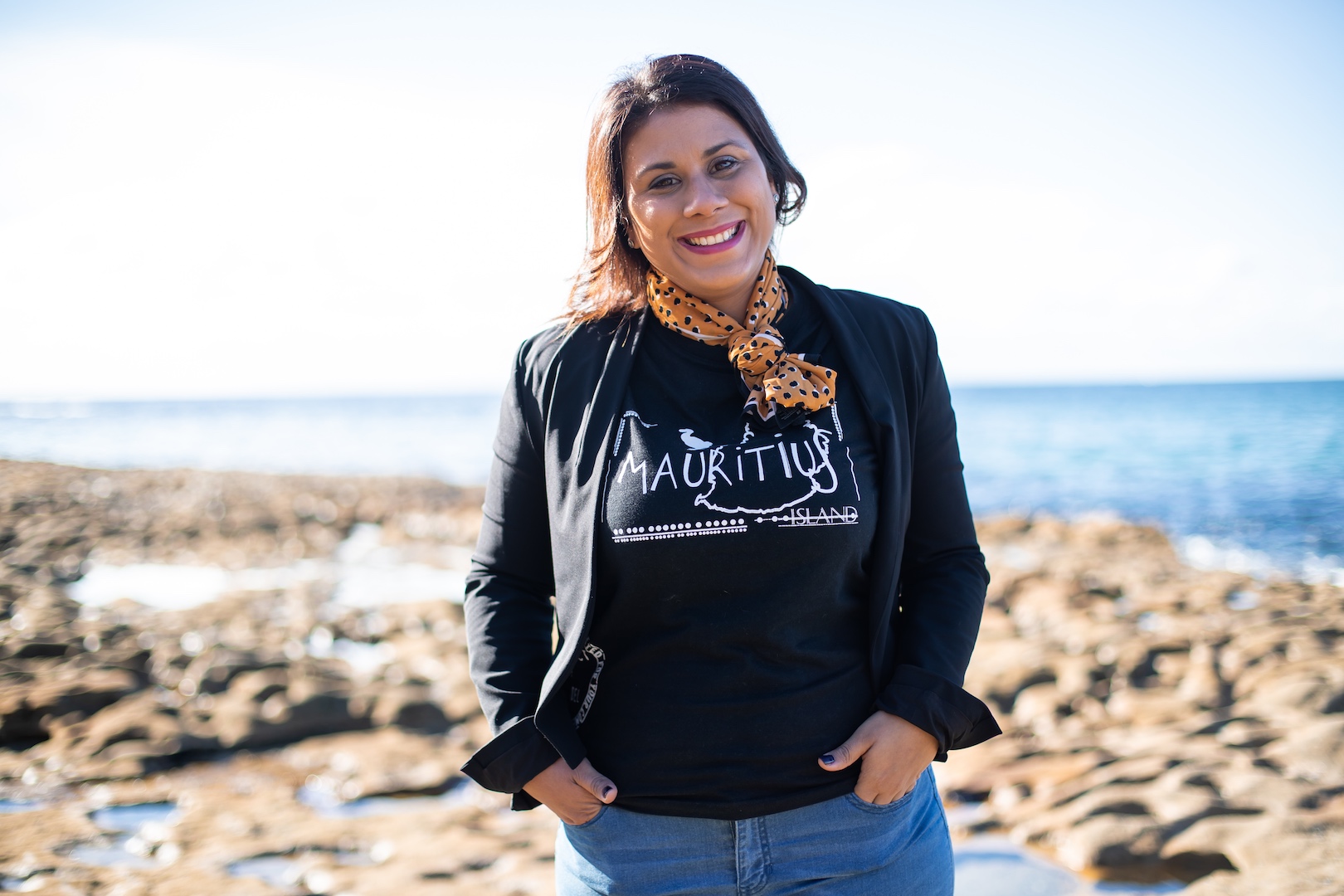
Sharon | Saudi Arabia | Arrived 2011 | Reach Foundation
My last memory is of a big water tank explosion and it’s the only memory I have that is actually quite serious because I thought that our family was going to die. I was really scared – our whole building shook, there was dust everywhere. When my dad opened up the door of the apartment, we could only faintly see people through the dust and they were just running around and screaming.
Shortly after that, we left. At first, I didn’t really know what I was going to do here. But interestingly, the fact that nobody knew me really pushed me to find out who I was, and I eventually realised I had a chance to live a life of influence.
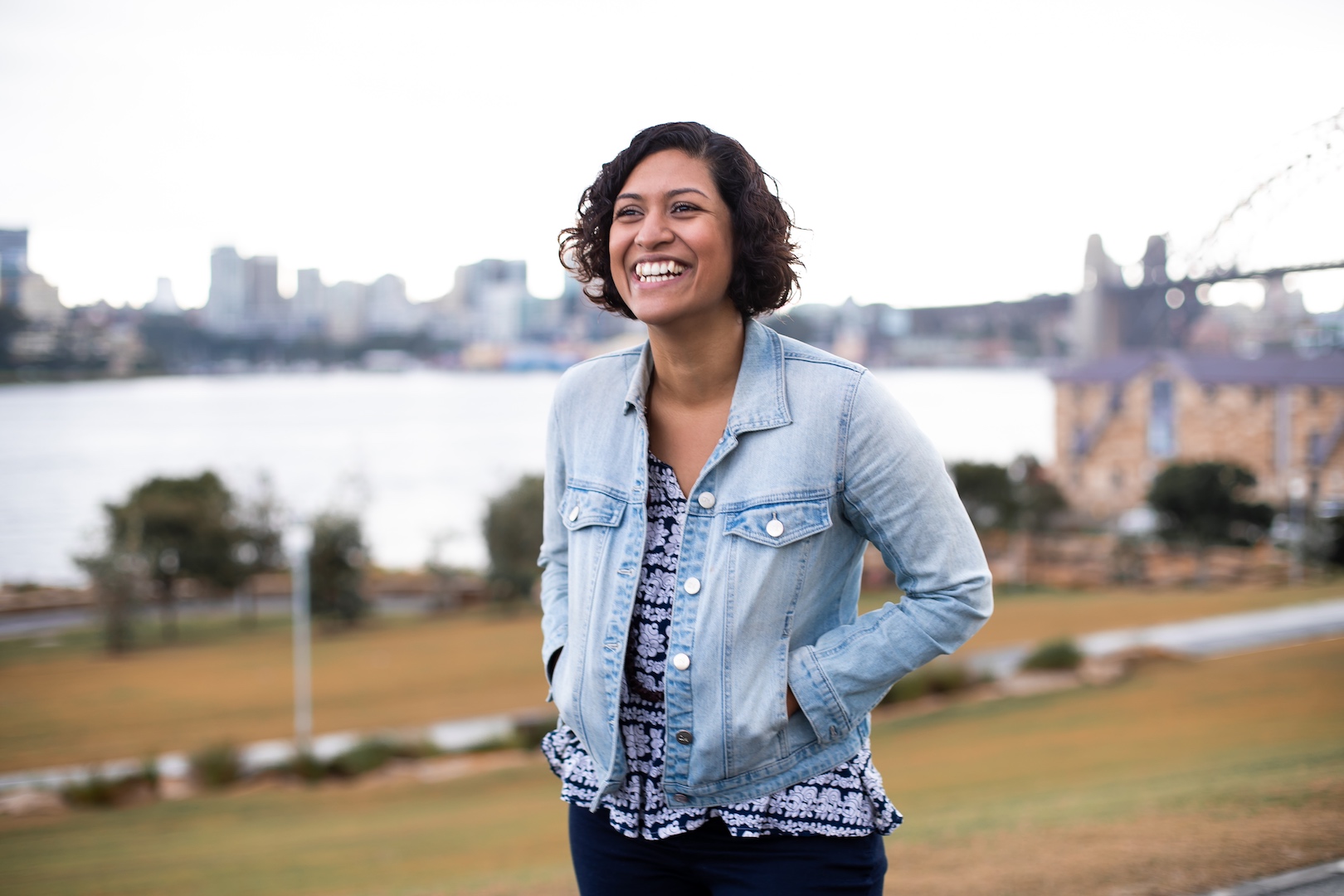
Simon | Syria | Arrived 2015 | Settlement Services International
As soon as we arrived, I was very eager to start my new life. I first got a job in security at Revesby Worker’s Club, which really improved my spoken English and helped me gain confidence.
But I was also suffering from Post-Traumatic Stress Disorder, so any time I heard a balloon popping or a window closing, I would just fall to the floor. I knew I had to do something to stop these symptoms, so I started running, because it was free – all you need are the shoes!
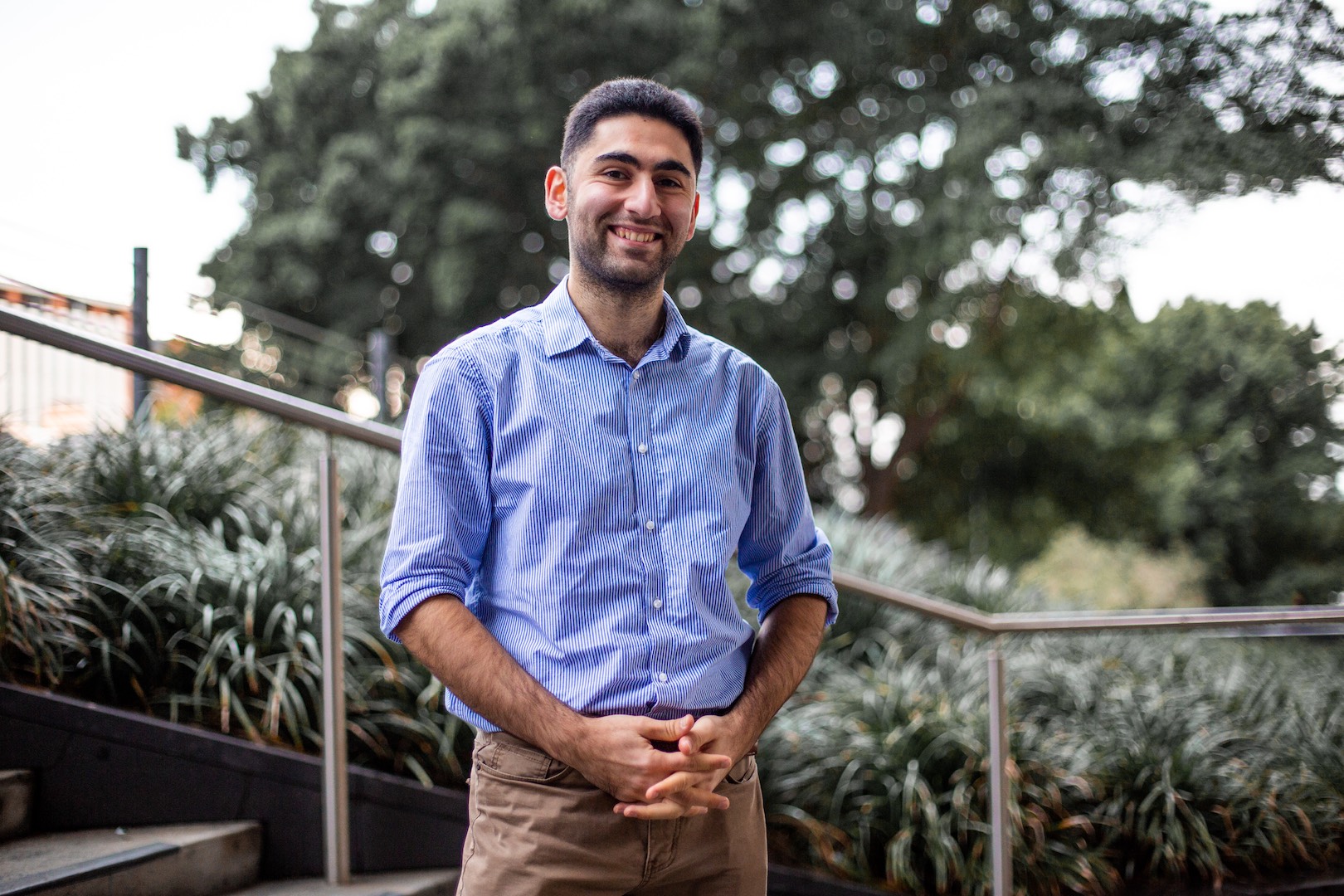
Syed | Pakistan | Arrived 2013 | Water Democracy
Karachi has a ridiculous problem with water, as many parts of the city still have to get their water delivered by water tanker, instead of through pipes, basically because of mismanagement. It has been that way since I was born, but I had never noticed it until I came back from a more developed country.
I started to realise that I had all the skills and qualifications to solve this problem, and I also started to think about that quote, ‘If not you, then who? If not now, then when?’ Eventually, I decided I had to take some steps to develop my own start-up.
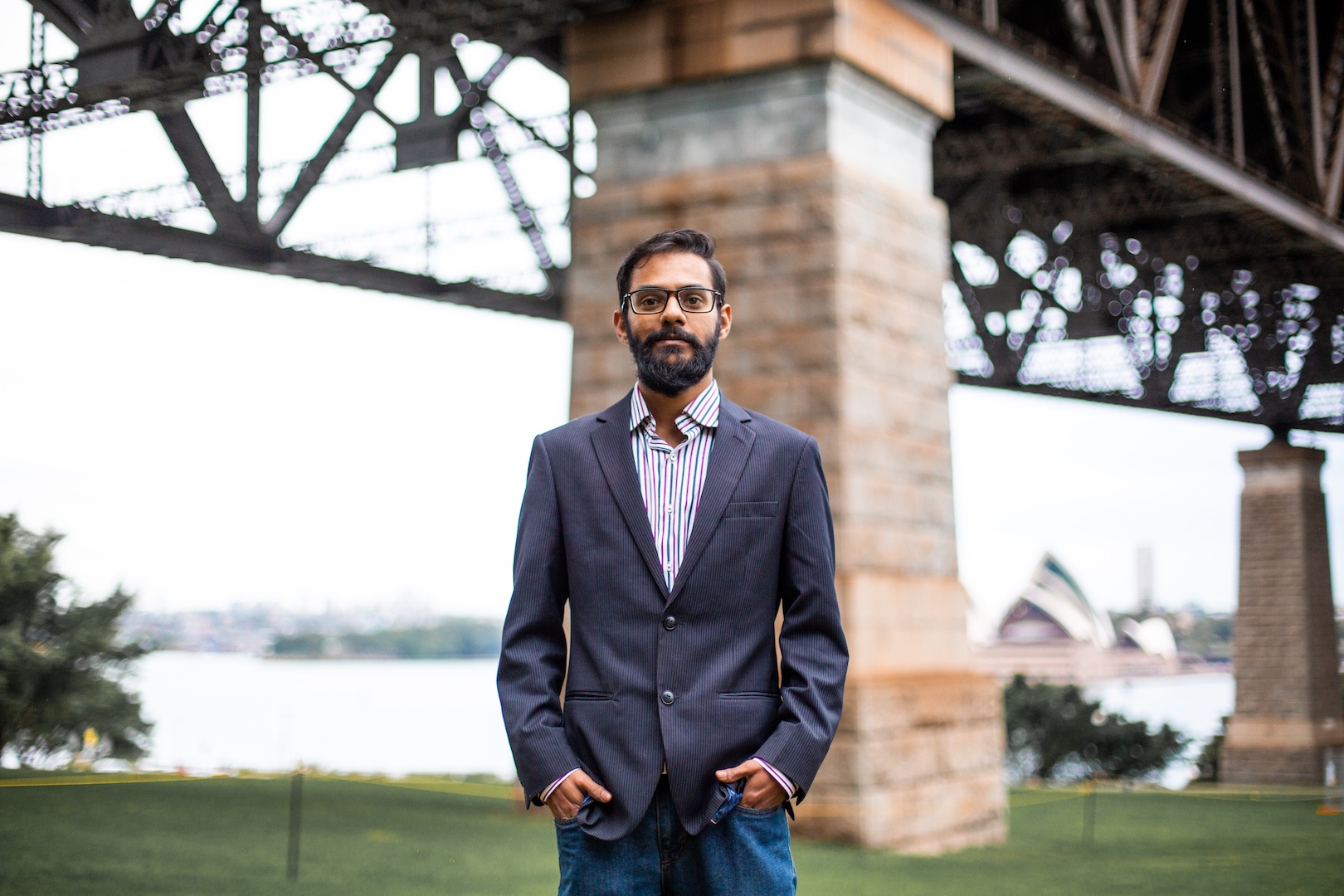
Usman | Pakistan | Arrived 2013 | Catalysr
I arrived in Sydney on my own in 2013, leaving family and friends behind. After graduation, I spent 2 years looking for an engineering job while working casual jobs at places like BP service stations. I had a good command of English with work experience from Pakistan but still found it difficult to get meaningful employment in Australia.
Some recruiters told me I needed local work experience, others I never heard back from. I never quite found out the real reason why I couldn’t get a permanent job and eventually I gave up. Instead, I focused my efforts into starting my own business.
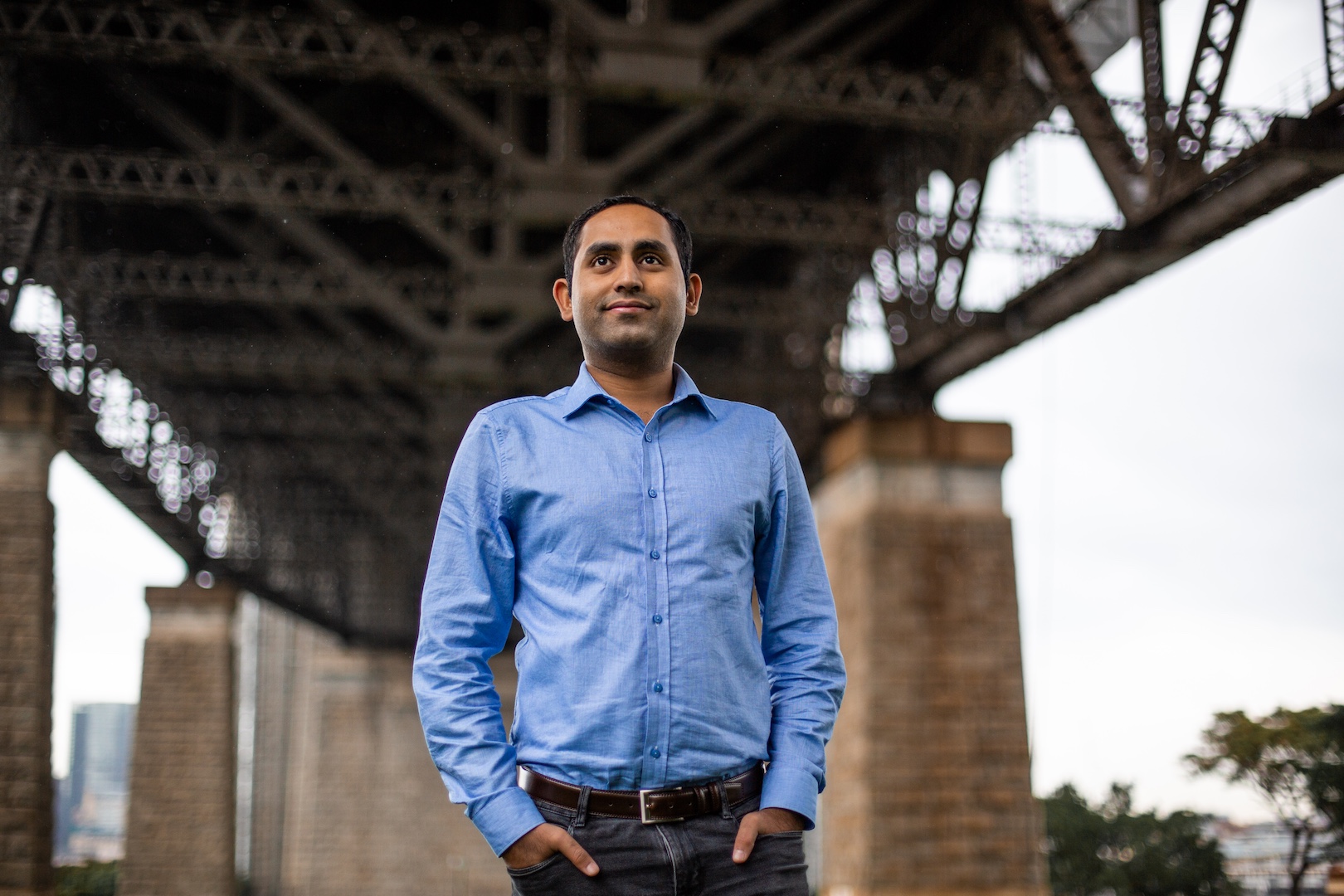
Veronica | Cambodia | Arrived 1991 | Pharmacist
Of about 70 people in our family, nearly everyone was killed by the Khmer Rouge. They targeted anyone who could be a threat, who didn’t conform to their ideals, who wasn’t full blooded Cambodian, or who had any education beyond high school, as they believed everyone should be farmers living off the land.
When I was around 11, we moved to Cabramatta. Dad started a medical practice, and for a long time he was the only doctor who spoke Cambodian in Australia. We lived in a tiny house, where the medical practice was in the master bedroom, the lounge room was the waiting room and we all shared the second bedroom!
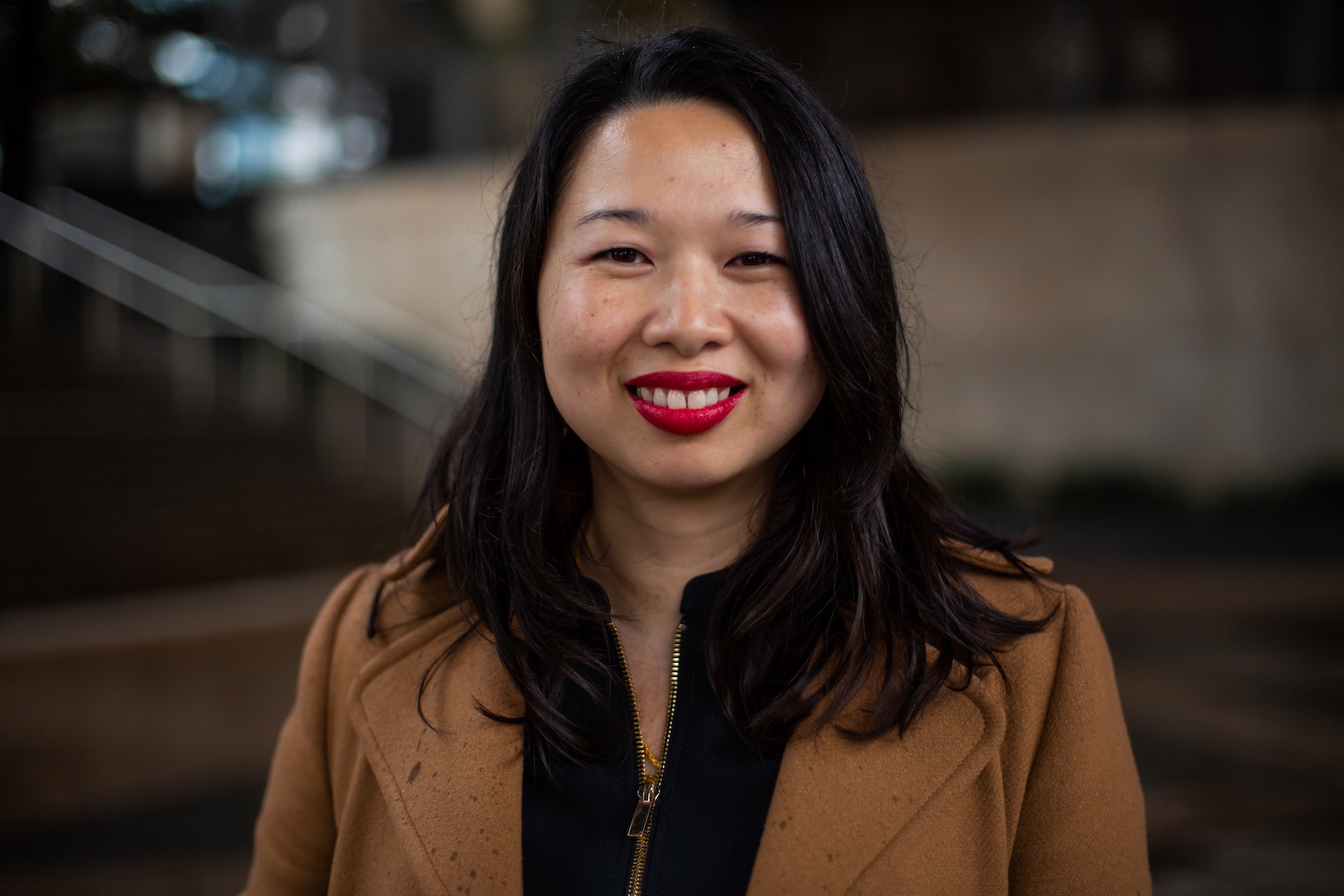
Walid | Egypt | Arrived 2015 | Koshari Korner
I decided to leave behind a lucrative, well-paid skilled job and my mum to start a new life in Australia. All the companies I applied to for marine engineering work asked for local experience even though I had worked overseas for years.
I travel around Sydney and surrounding areas with my food truck selling koshari - a mix of pasta, rice, lentils, chickpeas, topped with fried onion and spicy tomato sauce. I started the business in 2016 after trying and failing to get a permanent job as a marine engineer in Sydney.
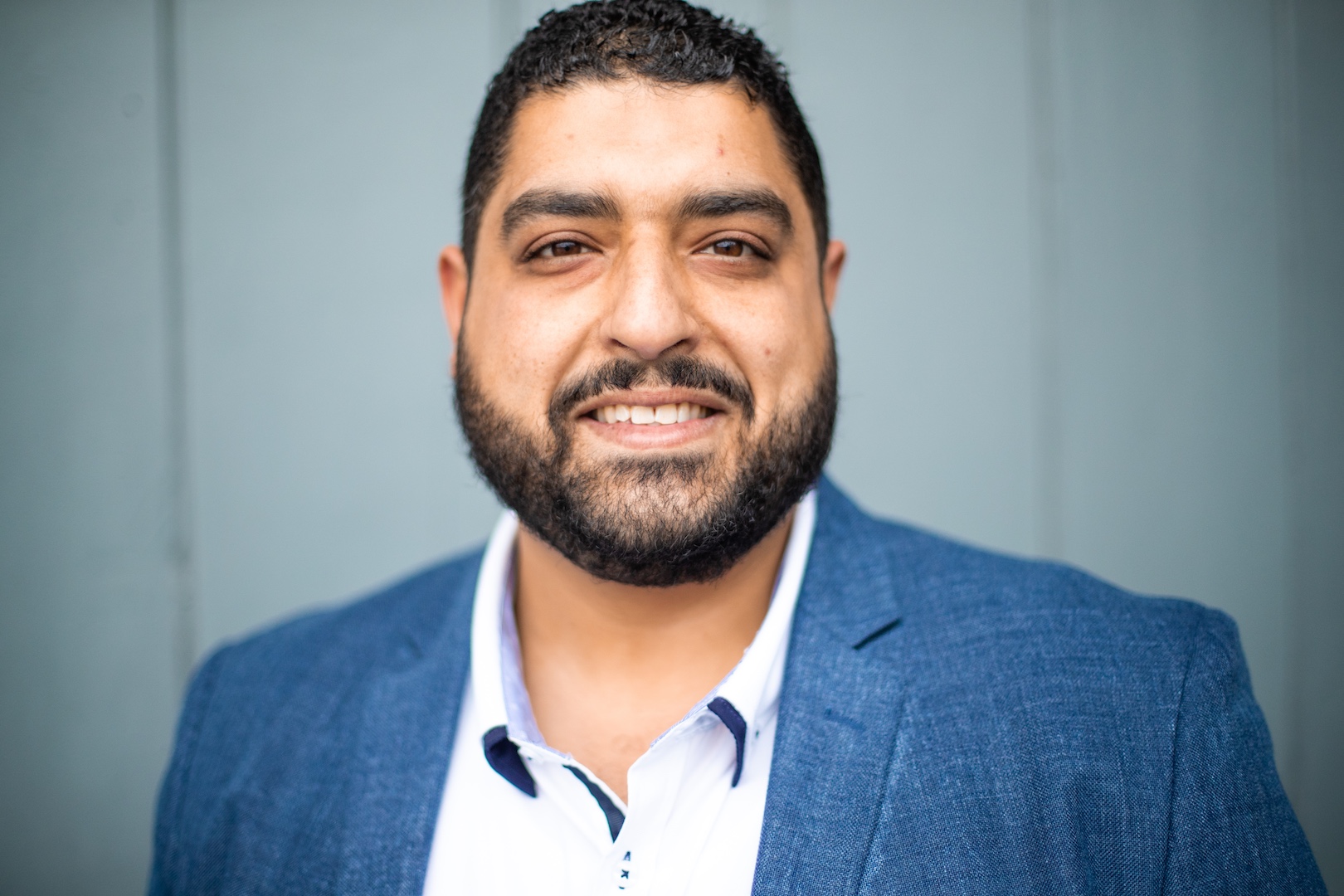
Zandile | Zimbabwe | Arrived 2014 | EDS Accounting Services
When I was 17, I met my mum face to face for the first time, in Australia. It was crazy. It was good when I met her, but I was also so heavy because I had never seen her, and it was a lot of learning to get to know each other. For example, when you grow up with your mum, you know what makes her unhappy or happy, and what it means when she acts a certain way. But we had to learn all that about each other.
At the same time, it all felt very unreal because I had never seen this day coming. My US visa was declined for around 15 years so I thought there was no hope we would be together. Sometimes now I still look at her and think, ‘Is this even real?’
